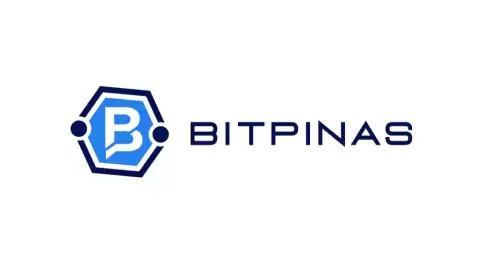Exploring the intersection of Bitcoin, quantum computers, and cryptography: assessing the threat, migration strategies, and the future of digital assets in a quantum world.
The buzz around 'Bitcoin, Quantum computers, Cryptography' is heating up, and for good reason. Recent advancements in quantum computing are forcing us to confront a potentially seismic shift in the world of digital security. Are our precious Bitcoins safe? Let’s dive in, New York style.
The Quantum Threat to Bitcoin: A Real Concern?
Quantum computers, with their mind-boggling computational power, pose a significant threat to current cryptographic methods. Specifically, they could crack Elliptic Curve Cryptography (ECC), the very foundation of Bitcoin's security. Imagine a world where those secure digital signatures are suddenly... not so secure. It's like finding out the lock on your apartment door can be picked with a paperclip.
How Big is the Risk, Really?
Approximately 6.51 million Bitcoin, valued at over $700 billion, are potentially vulnerable to quantum attacks. That’s a hefty chunk, about 32.7% of the current supply. The primary risks stem from address reuse and certain script types that expose public keys, making them sitting ducks for quantum hackers.
Two Fronts: Mining and Signatures
Quantum computing threatens Bitcoin on two major fronts: mining and transaction signatures. Quantum mining could give a huge advantage to those with access to large-scale quantum hardware, potentially centralizing the mining process. More immediately concerning is the risk to transaction signatures. A powerful quantum computer could derive private keys from public keys, leading to outright theft of funds.
Migration Strategies: How Do We Protect Our Bitcoin?
The good news is that the Bitcoin community is not sitting still. A dual-track migration strategy is being considered. Funds stored in hashed address types (like P2PKH or P2WPKH) without address reuse are already somewhat protected. However, spending those funds securely in a post-quantum world requires new infrastructure.
The Philosophical Dilemma: To Burn or To Steal?
Here’s where it gets philosophical. Should quantum-vulnerable funds be made permanently unspendable (burned), or should they remain accessible to quantum computers (effectively, stolen)? Burning the funds would be a conservative fix, preventing wealth redistribution to quantum hackers. But allowing quantum theft raises questions about property rights and whether we should confiscate assets from users who may be unaware of the threat. This is a biggie, and a decision will define Bitcoin's governance model.
The Clock is Ticking, But There's Still Time
While quantum computers aren’t yet breaking into our digital wallets, preparation is key. The Bitcoin community needs to stay informed, assess risks, and explore mitigation strategies. Two areas that warrant immediate attention: stopping address reuse and deciding on the
Disclaimer:info@kdj.com
The information provided is not trading advice. kdj.com does not assume any responsibility for any investments made based on the information provided in this article. Cryptocurrencies are highly volatile and it is highly recommended that you invest with caution after thorough research!
If you believe that the content used on this website infringes your copyright, please contact us immediately (info@kdj.com) and we will delete it promptly.












































































